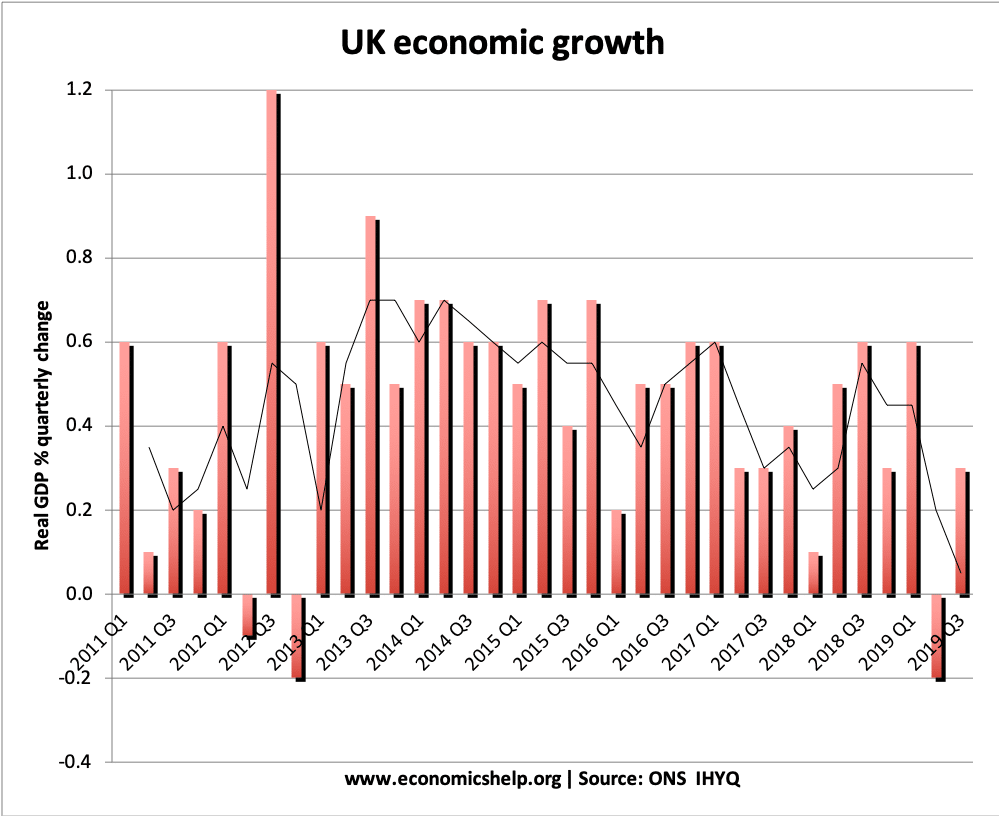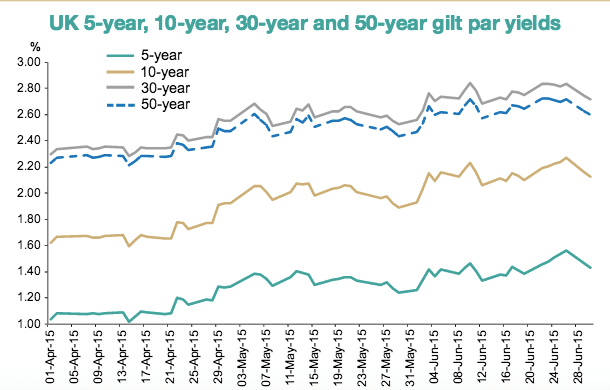Consequences of budget surplus legislation
Readers Question: Can you explain the short-term and long-term effects of Osborne legislating that there must be budget surpluses in any year when growth exceeds 1%, which is almost every year, whilst we have a rather large current account deficit. What will be the effects of this on private sector companies, public investment, households, the …


